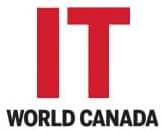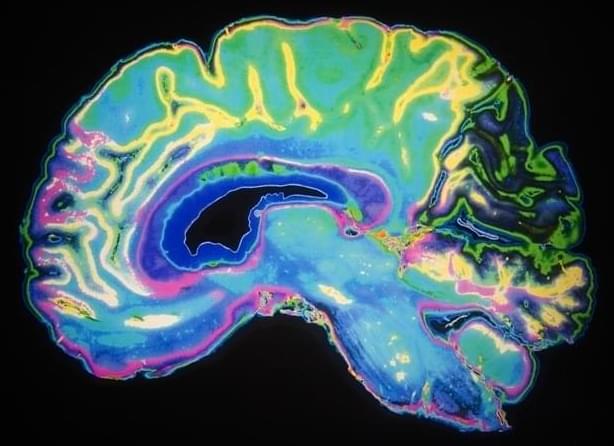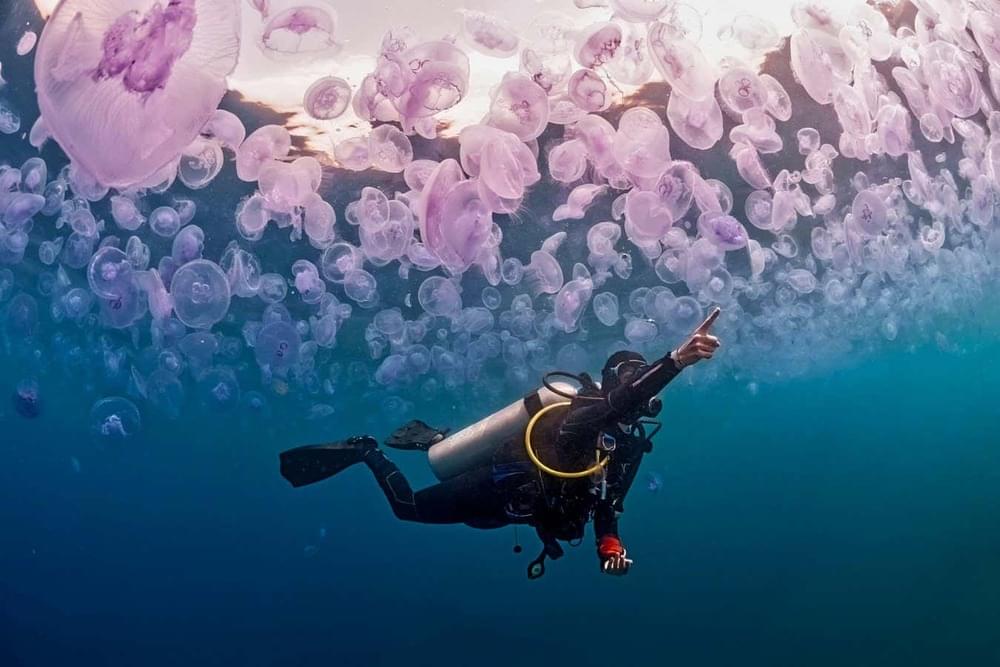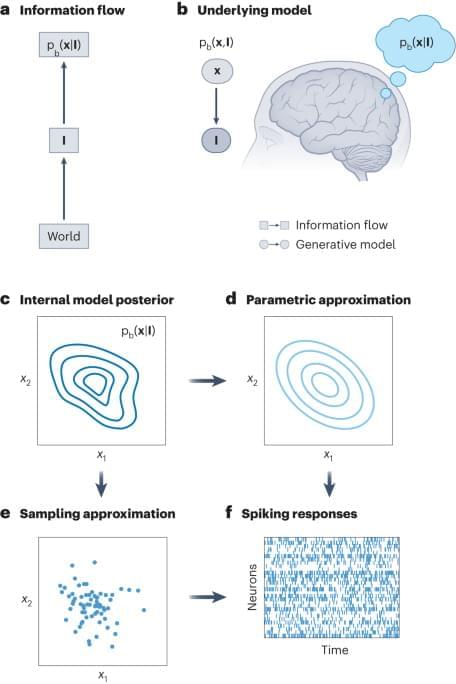In a bid to combat the ongoing homelessness crisis, Los Angeles County is using artificial intelligence (AI) to identify and support individuals at the highest risk of becoming homeless.
This pioneering pilot program analyzes data from seven county agencies, including medical visits, mental health care, substance abuse diagnoses, arrests, and public benefit sign-ups, to identify those most vulnerable to homelessness.
Dedicated case managers then reach out to these individuals, offering comprehensive support for four to six months, including access to $4,000 to $6,000 in aid to cover essential expenses like rent, utilities, and groceries. This assistance is designed to stabilize not only their housing but also their overall well-being.



